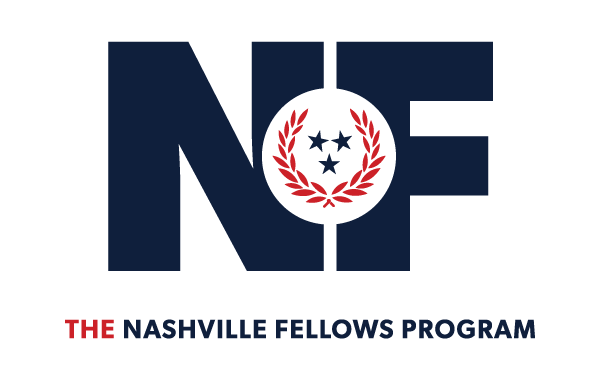"Why Did I Pay for This Program??" by Ben Hester
Amid the temptations I face on a daily basis is the idea that I can’t be happy until I cut all bounds and free myself from anything that keeps me in one place. Lurking beneath this temptation is one much more sinister: there is nothing and no one greater than myself, and happiness is avoiding hard things and seeking pleasure.
Now hold that thought. Queue the Fellow’s Program:
The Fellows Program is hard. It’s full of people I sometimes like, and sometimes dislike. It mandates attendance to events and activities both life-giving and questionable in how life-giving they are to me. It’s comprised of three churches attempting to practice ecumenism, on some days the beautiful vivification of “One Holy Catholic church,” on other days ugly church posturing and toxic competition. It puts me in classrooms, lunch cafes, and church rec rooms with incredible, gospel-driven teachers and leaders, but forces me to include some to the exclusion of others because of time restraints. The program requires energy—energy I can’t fake and often can’t find—on things I don’t always like, a job I sometimes can’t stand, and rules with which I’m impatient.
Given the program’s difficulty and my temptation to always take the easy road, I’ve often thought, why did I pay $7,500 for this? Now, hold that thought one last time, and queue the man himself, Wendell Berry:
“These ways of marriage, kinship, friendship, and neighborhood surround us with forbiddings; they are forms of bondage, and involved in our humanity is always the wish to escape. We may be obliged to look on this wish as necessary, for, as I have just implied, these unions are partly shaped by internal pressure. But involved in our humanity also is the warning that we can escape only into loneliness and meaninglessness. Our choice may be between a small, human-sized meaning and a vast meaninglessness, or between the freedom of our virtues and the freedom of our vices…” (Berry, Men and Women in Search of Common Ground, emphasis mine).
Wendell affirms the strength of the temptation, what he calls “the wish to escape”, but also names what I have always felt when I give into the temptation: “loneliness and meaninglessness.” Quite right.
So, put simply, the answer to the question, “Why did I pay for this program?” is connected to the fact that living for self leads to misery, but living for the wellbeing of others—including one’s family, friends, church, and community—leads to joy. And by binding myself to this program, I am finding that to be true. For that I am thankful. It’s a huge change in my life, and one I am still groaning through. For this reason alone, at least for me, the fellows program has been worth it.
So if you’re reading this as a prospective Nashville Fellow, I’d like to summarize by saying that the program is difficult. You will at times feel like you have more books than friends, and a host of other frustrations, some already mentioned. But the program is also thoroughly good. It’s a means of grace, dragging me painfully from thinking of myself to thinking of others. For me, it’s part and parcel of God continuing the work of Ephesians 5:8. It’s about great changes.
